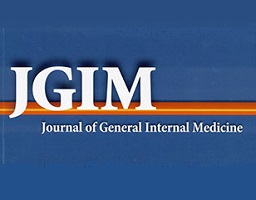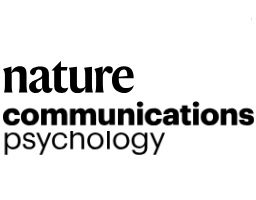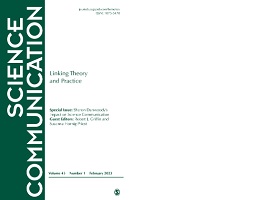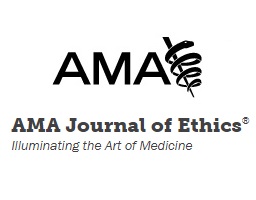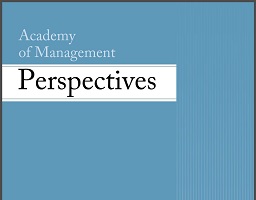This paper explores the complexities and unintended consequences of conflict of interest (COI) disclosures in various professional settings. It highlights key psychological processes encountered by recipients of such disclosures. Notably, it describes the burden of disclosure effect, which paradoxically reduces trust while increasing compliance due to social pressures, and disclosure’s expertise cue, where disclosures inadvertently increase trust and persuasiveness by signalling expertise. The paper also outlines best practices for improving COI disclosures, emphasising the need for external third-party involvement and encouraging deliberation. It concludes that effective disclosure depends not only on how recipients process information but also critically on how the disclosure influences the behaviour of advisors, underscoring the need for a holistic approach to managing COIs that goes beyond mere transparency.
A version of this paper was presented as a keynote at the Second Annual International Behavioural Public Policy Conference at the University of North Carolina in September 2023.
